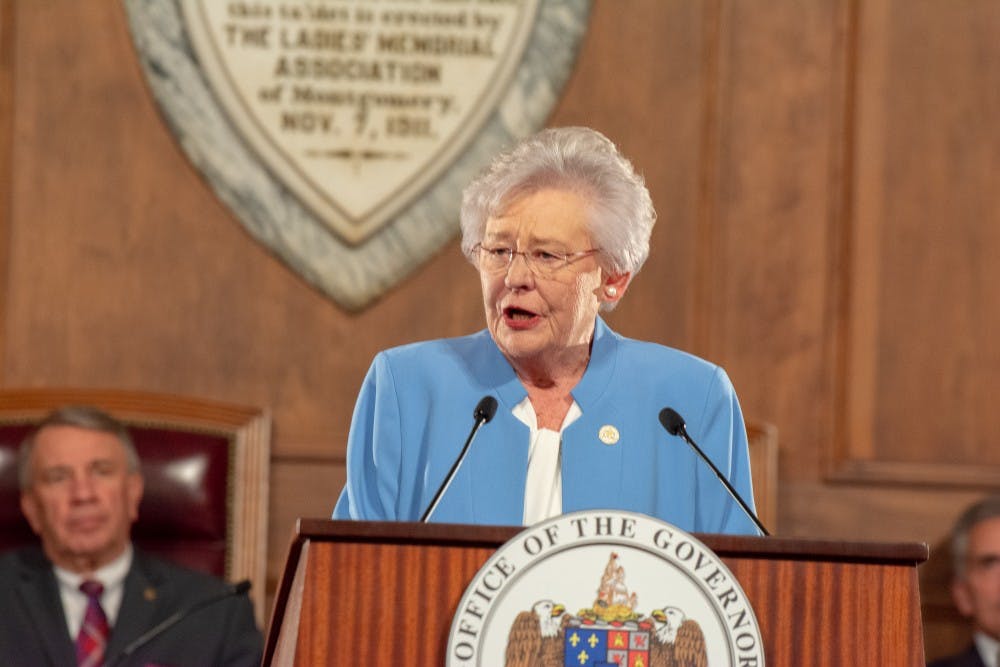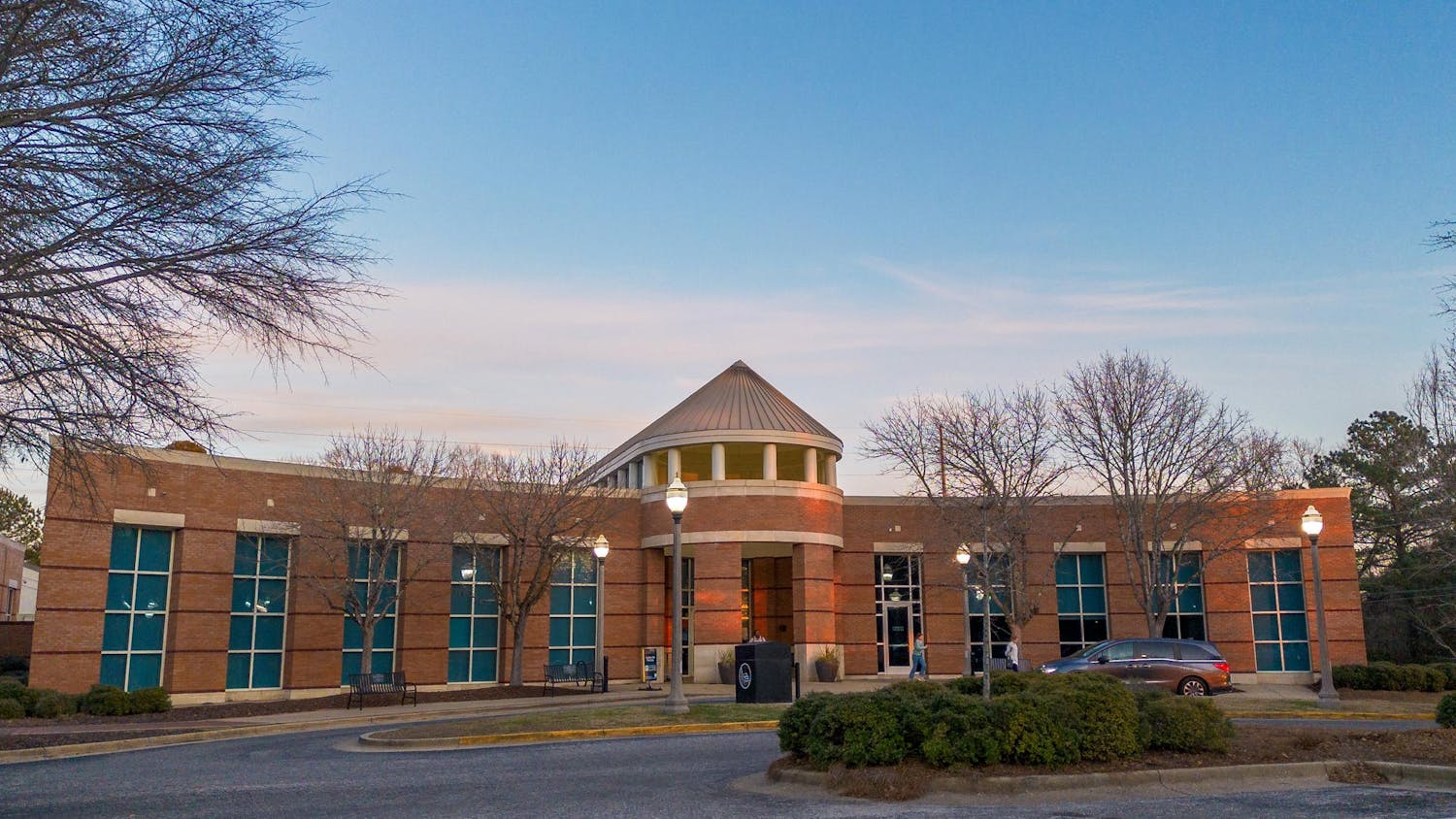Alabama's roadways have been on life-support for years, and time is running out to get them healthy again.That's according to Associate Professor Jeffrey LaMondia, who studies travel demand and infrastructure in Auburn's civil engineering department.
"What we really think of as the interstates, a lot of our state highway systems, were built back in the 50s. They have pretty much a 50 year lifespan. Across the country, a lot of our roadways are starting to fail," LaMondia said.
One possible solution? Increasing the state's gasoline tax by 10 cents, bringing the total charge to 28 cents per gallon over the next three years.
Legislators are itching to finalize the issue, which has been one of Gov. Kay Ivey's key legislative priorities.
“I look forward to working with members of the Alabama Legislature to address our critical infrastructure needs across Alabama," Ivey said in a statement. "We have waited far too long to tackle this issue and Alabama lags far behind our neighboring states. This is a hard issue, and we certainly have a lot of hard work ahead of us, but now is the time to rebuild Alabama."
Lawmakers have not raised the tax since 1992, when it was raised by five cents. Since then, bills to raise the rate have tanked on the floor each time they were proposed.
That's unlikely to happen this time. Legislative support is widespread, and the state House passed a slightly amended version of the bill by a wide margin Friday. The vote pushed the debate into the Senate, where a vote is expected sometime this week.
If it passes, the first six-cent tax hike would become effective October 1. A year later, it would go up two cents, and then another two cents one year after that.
The governor's office estimated the total cost to the average Alabama driver to be about $55 per year. The bill includes a $250 fee for electric vehicles and a $125 fee for hybrids.
Most of the funds from the tax will flow to the state, then to the counties. A little more than 8 percent will go directly to municipalities. The money would need to be spent on capital projects -- not salaries or other compensation.
The Alabama Department of Transportation would use the money to fund transportation projects that could help connect rural communities and cities trying to grow their economies, LaMondia said.
"The DOT constantly has a running list that they recognize as needs," LaMondia said. "Some are rehabilitation, some are expanding roadways to reach more rural areas, or places like Auburn that are trying to improve their economy. I see this as an important need, not just for the roadway infrastructure but for all the things it represents. The jobs, the economics, the freight moving through our state."
The bill has broad support, including from groups like the Alabama Trucking Association, the Birmingham Business Alliance and chambers of commerce from across the state.
The Lee County Commission passed a resolution of support for the bill by a 4-1 vote, the Opelika-Auburn News reported.
But the proposal is not without opposition. In February, the Alabama Republican Executive Committee passed a resolution opposing the tax increase.
Rep. Tommy Hanes (R-Bryant) told the Associated Press he opposed the proposal because "working people with families and senior citizens on fixed incomes cannot live with new taxes."
Others are worried the burden of the tax will hit low-income earners harder.
"Economists talk about elasticity of demand. Gasoline tends to be a pretty inelastic demand curve. Producers won't lobby against it because it's easy to pass on the cost to consumers," said John Sophocleus, an instructor of economics at Auburn who ran on the libertarian ticket for Alabama governor in 2002.
"You don't have to be a rocket scientist to know they’re going to pass it on the consumer," Sophocleus said. "Somebody who's making $10,000 a year is going to find that much more intrusive than someone who’s making $100,000 a year."
Do you like this story? The Plainsman doesn't accept money from tuition or student fees, and we don't charge a subscription fee. But you can donate to support The Plainsman.





